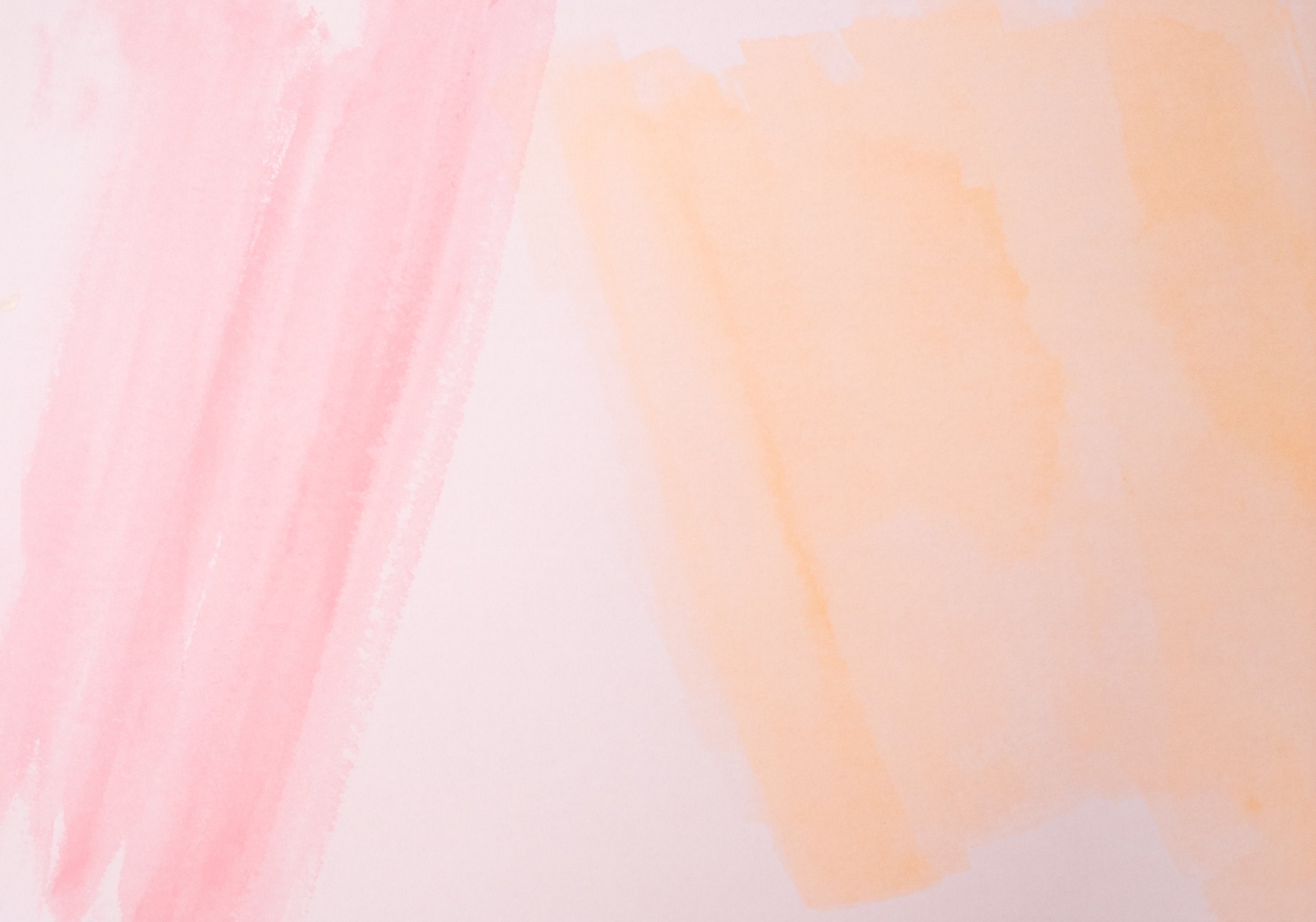
About the European Patent Attorney profession
INTERVIEW
Virpi Noponen
Country: Finland
Company size: 100+
Experience: 5-10 years
Type of work: Private practice
(and part-time in-house attorney for a client)
How did you learn about the Patent Attorney profession and what inspired you to become a (European) Patent Attorney?
I knew nothing about the profession when applying for a vacancy as a patent attorney trainee in the company I work in. The job advertisement indicating that the work could be performed in the city I live in and that having a PhD in chemistry is an asset, was my strongest motivation. At that time, such a combination was rather rare.
Most people know that Patent Attorneys help clients obtain a patent. However, what other tasks are you responsible for?
In short, my responsibility is to enable the clients’ business from the IP perspective. The various tasks include all kinds of investigations including, e.g., novelty searches, freedom-to-operate analyses, and competitor monitoring; drafting and prosecution of patent applications; as well as post-grant procedures. One of my responsibilities is tutoring junior colleagues. Currently I also work as a part-time inhouse patent attorney for a client.
If you had to split your role into science, law, and business, what is the proportion of each?
The proportion is strongly dependent on the task at hand. However, I would say that the law is the major portion, but science and business always play a role.
What does the team structure at your workplace look like?
Our patents business area has been divided into patent attorney teams based on technology area as well as into IP specialist teams. I am part of Chemistry, Biotech and Healthtech patent team, currently with ten other colleagues. We work in close collaboration with the IP specialists, our Legal, Brands and Designs and IP consulting business areas, as well as Global Business Development team. We also have IT, HR, accounting, and marketing & communications personnel supporting our work.
What does your average workday look like?
Typically, my workday includes at least one (Teams-)meeting, either internal with colleague(s) or external with a client. The rest of the time includes going to through and responding to emails, studying and reporting office actions, drafting responses to office actions, drafting patent applications, preparing cost estimates, etc. At the end of the workday, I always check my calendar to prepare for the next day. However, very often something unexpected turns up during the day, and I finally find myself doing anything else but the things being prepared to do the day earlier.
What would a dream workday as a (European) Patent Attorney look like for you?
My dream workday would include going out of my comfort zone, surviving of it, and seeing a smile on my client’s face afterwards.
What is the most exciting aspect of being a (European) Patent Attorney for you?
Working with inspiring people – both colleagues and clients – on the latest developments of technology.
What are your least favourite tasks?
Solving IT issues (especially when in a hurry) is not favourite part of my work.
Does your job allow you to have time for your hobbies? Do you have any side projects related to patents?
As my work mainly includes sitting (or standing) in front of my desk, I find it obligatory for myself to exercise as a counterbalance. The best way to get rid of the work-related stress is to spend a weekend at our lakeside cabin.
If you could start your career over, would you change anything?
Not really.
If the Patent Attorney profession suddenly disappeared tomorrow, what else would you do?
Perhaps I would try to find a position in industry, wherein I could combine my technical background and the knowledge obtained so far.
What advice would you give someone that wants to become a European Patent Attorney?
Be prepared for the demanding training period, but don’t be afraid of it. I have survived it, and so will you!
What do you think about the future outlook of our profession?
The technological development will certainly change our work. However, I am rather confident that human interaction is needed also in the future.

